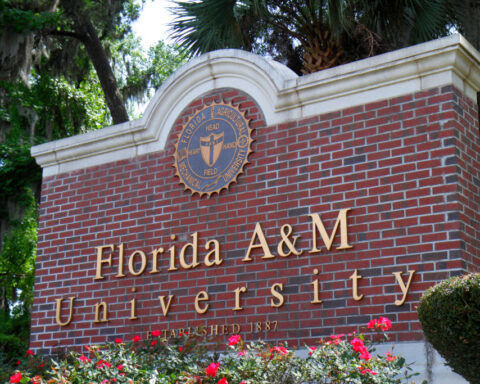By Southern University
Patrick Mensah, associate dean for research and graduate programs in the College of Sciences and Engineering at Southern University, was recently awarded a $4M grant from the National Science Foundation to develop a qualification process for 3D-printed metal parts. The goal is to provide both manufacturers and consumers confidence and assured safety of products made with 3D-printed parts, which are used regularly by various industries such as automotive, healthcare and aerospace.
Mensah, who will serve as the principal investigator for the Consortium for Additive Manufacturing Qualification (CAM-Q), will provide scientific and technical leadership, as well as overall program coordination. In this role, he will visit the partner universities where research is being conducted and ensure that the various stakeholders of the collaboration operate as a cohesive research enterprise progressing towards the realization of project goals and objectives. Joining Southern in the research Auburn University in Alabama and Louisiana State University.
“The planned research represents a significant change from the current AM (additive manufacturing) qualification practices,” Mensah said. “Successful execution of this project will enable the fabrication of metal and alloy parts with a significantly accelerated qualification cycle, make the AM process commercially viable, and propel U.S. industry to a global leadership position.”
Additive manufacturing, the industrial name for 3D printing, has been identified by the America Makes & ANSI Additive Manufacturing Standardization Collaborative as a standardization gap with high priority in our nation. To make 3D-printed metal parts more commercially viable, a rapid parts qualification process is a must. CAM-Q will exploit research opportunities at the intersection of materials science and data analytics, with a technological focus on Laser Beam Powder Bed Fusion (LB-PBF) additive manufacturing (AM), to radically transform the AM parts qualification process. The major outcomes of this project will be an overall framework for the AM process design and rapid fatigue performance qualification, together with significant contributions to the education, training, and development of a highly skilled, multidisciplinary, and diverse workforce to support the industry in the United States.





